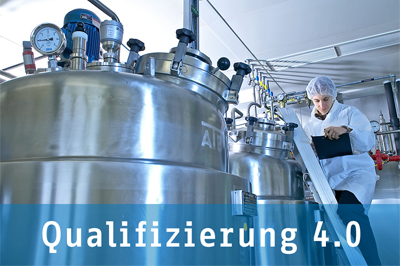After manufacturers in the life sciences industry continuously saw themselves confronted with new sets of standards and increasingly strict requirements at shorter and shorter intervals, the ISPE (International Society for Pharmaceutical Engineering) drafted a white paper on risk-based qualification in 2005, one of the hot topics. Its demands were implemented and anchored in the E2500 standard of the ASTM (American Society for Testing Materials) two years later, and have also been taken into account in the FDA’s guidance on process validation in the meantime.
The E2500 was triggered by inefficient, ineffective systems that failed to focus on patient safety and were also to elaborate, too formalistic and too expensive. That needed to change. Including GEP (good engineering practices) early on in the initial planning phase for new construction and conversion measures in manufacturing operations was intended to considerably reduce the formalistic effort in the qualification phase.
So far so good and especially also logical. But why does this element of the GMP requirements still constitute such a great burden for many – notwithstanding numerous standards and tools to support “streamlined qualification”? What errors cause the timely commissioning of a facility to fail? Is it really “just” the lack of cooperation between GEP and GMP?
Perhaps that User Requirement Specifications are interpreted differently, or risk analyses with the wrong focus are to blame. Maybe concrete coordination with the supplier is lacking, or the FAT, SAT and commissioning are not integrated correctly? When technical errors are not corrected before starting the qualification phase, that delays the entire process.
Certainly the list of possible mistakes is even longer. Yet the question asked in the title about the ongoing need for optimisation therefore can already be answered with a clear yes:
In his two-part technical article “Qualification 4.0 – Unrealised Potential” (published in pharmind 09/2017 and 10/2017 in German language) Ralf Gengenbach, Managing Director of gempex GmbH with more than 30 years of GMP experience, discussed how efficient and time-optimised qualification could work and made initial recommendations. In his follow-up article “Basic Principles of Effective and Efficient Qualification”, also to be published in pharmind in the autumn of 2019, Gengenbach makes concrete suggestions for solutions to the aforementioned problems, thereby helping to pave the way to “modern qualification”.
gempex will inform you when the article is published.

